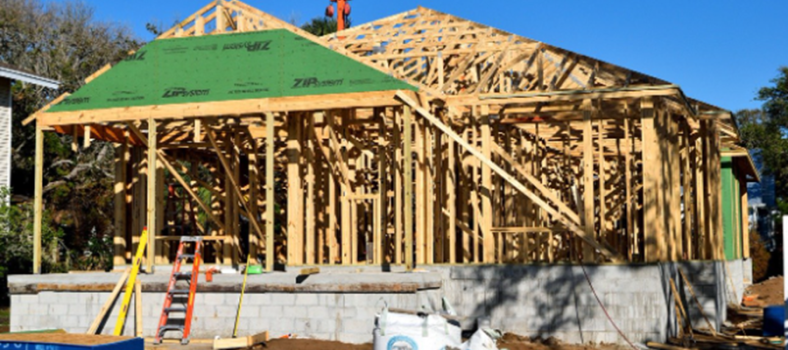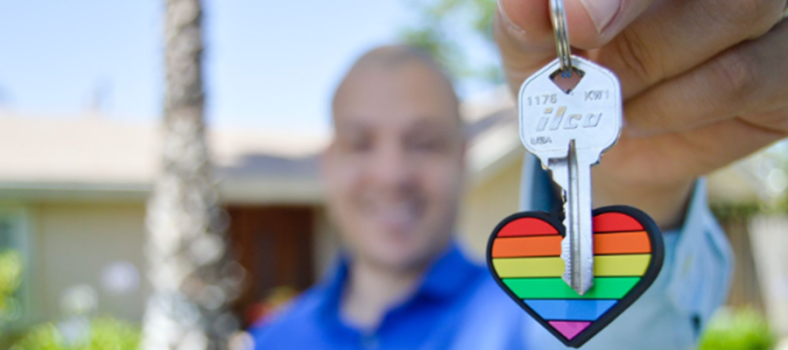Your First Mortgage: How Much Can I Borrow?
You’ve decided that you’d like to buy a home. Congratulations! But before you start browsing property listings and gathering moving boxes, you need to ask a big question: “How much can I borrow?”
Chances are, if you’re a first-time homebuyer then you will, in fact, need to borrow money for your purchase. A good first step is to find an affordability calculator and plug in some appropriate numbers. At the very least you’ll have a ballpark figure for how much you can afford to borrow based on your current income and expenditures, including your debts. It’s a painstaking process to keep track of household spending for a couple of months, but if you do so you will have a decent picture of how much room you’ll have left in your budget once you get a mortgage. You’ll want to make sure to leave enough breathing room for incidental costs that come along with owning a home, such as taxes, maintenance, and repairs. How much room? The recommended rates for housing expenditures are less than 30% of your gross income.
If you need to pad your nest egg a bit more, then the easiest method of increasing your savings is to pay yourself first. Take a set amount from your paycheque each month (automatically debited, if possible), and put it into a separate account that’s only to be used for your home purchase. Out of sight, out of mind, or more importantly, unable to be spent. If your chosen dollar amount is aggressive, then you’ll have a sufficient down payment before you know it, and a larger down payment can mean a smaller mortgage as well as lower monthly payments.
If everything is in order, then you can head to your lender or mortgage broker. Whether you go to a lender directly or decide to use a broker to negotiate with lenders for you, it’s important to shop around. Not only will that get you the best rate, but when working with a mortgage professional, you want to find someone who will take the time to walk you through the process and answer your questions. A good broker or loan officer will know the ins and outs of various types of mortgages, and although you will have done your research, there may be plenty of information that you find confusing.
When it comes to getting preapproved for a mortgage, remember that how much you can borrow is a very different question than how much you can afford to borrow. A lender’s responsibility is to determine how risky of a borrower you are, and that’s based on your total financial picture. The lender will look at your credit and payment histories, debt-to-income ratio, current income and employment history, and loan-to-value ratio to determine your loan amount. Remember, though – you don’t have to spend the maximum approved amount! The lender isn’t concerned with your other financial goals such as saving for retirement and education, or emergency situations such as a loss of income. Use the 30% recommendation as a guideline for the maximum amount you should borrow.
After you’ve gotten your mortgage, you can use an online repayment calculator to figure out how long it will take to repay your loan at its current interest rate, as well as the amount you’ll pay in interest. There’s nothing like seeing a six-figure interest amount to encourage you to start paying down your mortgage sooner! Another benefit to using a repayment calculator is that you can quickly change the parameters of your loan and see how that affects the amount you’ll pay over the life of the loan. Once you have a general idea of what various payment options will do for your bottom line, you can discuss them with your mortgage professional.
Asking “how much can I borrow” before you find the home of your dreams will save you stress, energy, and disappointment. Be honest with yourself about what you can afford and your first home purchase will be a comfortable one.
The following article was provided by YourMortgage.com.au, provider of mortgage news and advice.






1 Comment
Great article. Buying property for the first time raises many questions and numerous factors to consider. Not to mention the location in which you are looking to purchase. I agree with your suggested rates for housing expenditures. It’s best to not have all your eggs in one basket as there’s a bigger lifestyle picture to consider.
I’d recommend utilising a trusted broker or lender as they can help you with the process of buying your dream home. Thanks for sharing.